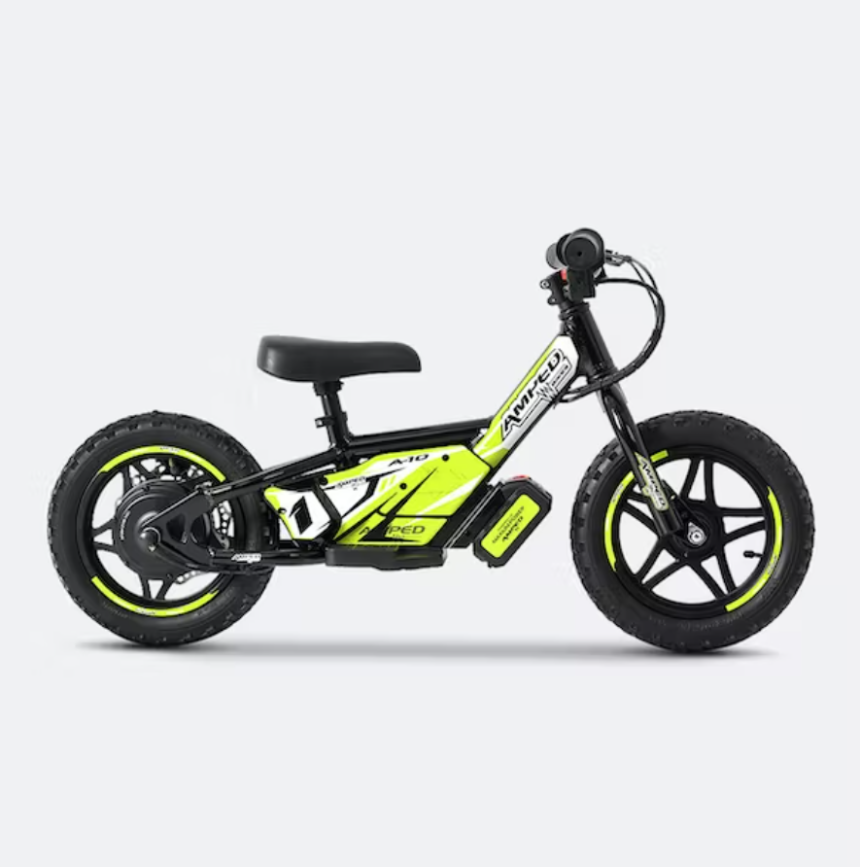Electric scooters and bikes are becoming more and more popular in India. The government e-Vahan portal shows that the sales doubled in 2018-19 and have been steadily rising since then (Hindustan Times). Given the state of climate and the growing concern about the environment, people have been switching to electric vehicles. This shift has also made it necessary for people to know the RTO rules and regulations for electric scooters and bikes. Since they are different from traditional vehicles, the rules are also different.
Before purchasing an electric scooter or bike, you should keep these rules in mind to save yourself from any fines and punishments. Since the government also promotes the use of electric vehicles, the rules are fairly simple and easy to understand. In this article, we have discussed the RTO regulations and rules you should know and the things you should consider before purchasing a new e-vehicle.
RTO Rules and Regulations for E-vehicles
● Driving license: If you want to take your electric scooter or bike for a ride, you need a driving license. There is no exception. Driving without your driver’s license can not only end up with you getting into trouble with the law but also lead to your insurance company not passing your claim in case of an accident.
It is crucial to know that if you are riding electric bikes that have less than 250W power and at a maximum speed of 25km per hour, you do not need a license. This is mostly because such bikes are popular among youngsters and older people.
● Insurance: Just like in the case of a traditional vehicle, it is mandatory to purchase third-party insurance for any electric scooter and bike with more than 250W power and 25 kmph speed. This is because the chances of getting into an accident with an e-vehicle are similar to the chances of getting into an accident with a traditional vehicle. You can buy bike insurance online, and you can stay protected against any unforeseen accident.
It is always recommended to purchase a comprehensive insurance policy instead of a third-party one since it also protects you and your vehicle. For bikes below 250W power and 25 kmph speed, insurance is not mandatory. However, the sensible thing would be to buy at least a third-party one for it as well. You can also purchase bike insurance online
● Helmet: Helmets are essential to road safety. For riders riding electric scooters and bikes over 25 kmph speed and 250W power, it is compulsory to wear a helmet. Riders using electric bikes and scooters below this power and speed can choose not to wear helmets. However, to ensure their safety, it would be better to wear a helmet regardless of the power and speed of their vehicle.
● Registration and road tax: The road tax is different in each state since the state governments impose it as per their own rules. Similarly, the rules on registration fees also differ. The Indian government is actively promoting the usage of electric vehicles in the country. Therefore, the Ministry of Road Transport and Highways 2020 proposed free registration and renewals of electric vehicles.
Taxpayers also receive the tax benefit of Rs. 1.5 lakh under Section 80EEB for first-time purchase of e-vehicle. Multiple states have also announced subsidies to promote electric vehicles. Check the registration and road tax rules of your state before buying one.
● Number plate: All registered vehicles after April 1st, 2019 must have an HSRP (High-Security Registration Plate), as per the rules. It helps in building the national database of vehicles and prevents theft. Different vehicles have different colour codes. For example, private electric vehicles have green coloured plates with white numbers and alphabets while commercial electric vehicles have yellow alphabets and numbers on green coloured number plates. Electric vehicles with power less than 250W and speed less than 25 kmph do not require any number plate.
Things to Remember Before Purchasing an Electric Scooter or Bike
Before purchasing an electric scooter or bike, consider the following factors:
- Price: The most important factor to consider while buying anything is its price. While the government has done many things to make e-vehicles affordable in India, they still cost much more than traditional vehicles due to their technology. Carefully consider the cost and extra purchases you will have to make before buying it.
- Features: Look at the features your electric two-wheeler has. How much boot space does it offer? Since e-vehicles don’t have an engine, they should have more boot space than traditional ones. Check if the electric two-wheeler has multiple riding modes. Also, check whether it has a modern display with a touch screen or a normal one. Other things you can consider are Bluetooth connectivity, navigation, charging ports, etc.
- Charging time and stations: Since electric vehicles run on electricity, it is crucial to consider how much time they require to charge. Take one that does not require more than 7 hours to charge. Another thing to consider is the availability of public charging stations. While you will have a personal charging station at home, it is always better to have other options in hand.
- Tax benefits: Since the government wants to make e-vehicles popular in India, you get up to 1.5 lakhs tax benefits under Section 80EEB of the Income Tax Act. The condition to avail of this benefit is that the loan for purchase should be taken from a financial institution between 1st April 2019 and 31st March 2023.
- Battery life: Much like your smartphones, your e-vehicles battery will also have less power with usage and time. Therefore, check what kind of battery the e-vehicle has. Lithium-ion batteries are typically preferred because of their long life. Also, check the replacement plan the manufacturer offers.
● After-sales service: While e-vehicles do not require as much servicing and maintenance as traditional vehicles, you still need to know what after-sales services the manufacturer offers. Check the number of service centers the manufacturer has in your state. Check the maintenance cost of the electric scooter or bike.
While many Indians are still wary of electric scooters and bikes, they are the face of the future. Therefore, it is integral to know all the rules and regulations you need to follow before driving them. Remember to follow these rules and consider the above-listed factors before purchasing your e-vehicle. Also, to be on the safe side, do invest in paying bike insurance premiums in lieu of robust bike insurance.
Disclaimer: The above information is for illustrative purposes only. For more details, please refer to the policy wordings and prospectus before concluding the sales.















